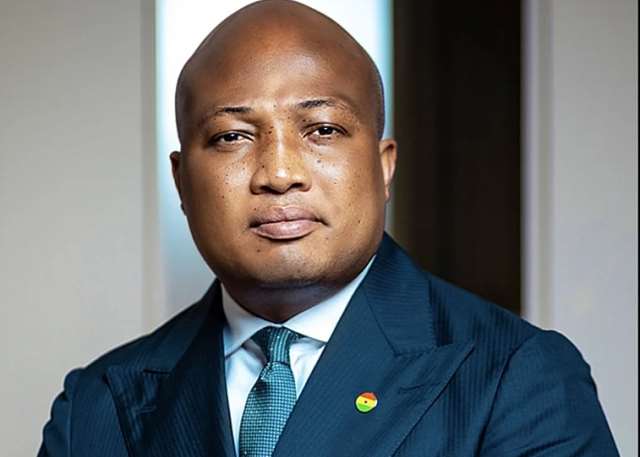The Economic Community of West African States (ECOWAS) is steadfastly pursuing its vision of a unified monetary zone, anchored by the ECO, a single regional currency, and the establishment of a regional central bank. This ambitious project, first conceived in the 1980s and formally initiated in 2003, aims to dismantle trade barriers, simplify cross-border transactions, and foster greater economic resilience across the 15 member states. Despite facing setbacks and missed deadlines, most recently in 2020 due to the economic fallout from the COVID-19 pandemic and diverging macroeconomic conditions, ECOWAS remains committed to its 2027 target for launching the ECO. Foreign Affairs Minister Samuel Okudzeto Ablakwa has emphasized the unwavering political will driving this initiative, reassuring citizens that the vision of a monetary union remains a top priority.
The path to a single currency is paved with challenges, primarily the establishment of a common convergence platform. This platform is crucial for harmonizing the fiscal and monetary policies of member states, a prerequisite for a stable and functional monetary union. While acknowledging the complexities of this process, Minister Ablakwa indicated that preliminary structures have been put in place and discussions surrounding macroeconomic convergence criteria are actively underway. This includes ongoing efforts to streamline financial regulations, budgetary frameworks, and inflation targets across the diverse economies of the region. The ultimate goal is to create a level playing field that fosters sustainable economic growth and stability within the monetary union.
The 50th anniversary of ECOWAS in 2025 provides a symbolic and strategic opportunity to revitalize the pursuit of deeper regional integration. Celebrations marking this milestone commenced in Accra, Ghana, with gatherings of Foreign Affairs and Finance Ministers to deliberate on critical regional matters, including the elimination of trade barriers, strengthening economic cooperation, and addressing the political instability in Mali, Niger, and Burkina Faso, all currently under military rule. These discussions highlight the interconnectedness of economic and political stability, recognizing that regional integration requires both robust economic policies and stable political environments.
The ECO project is not merely an isolated monetary initiative; it is part of a broader strategy to forge shared institutions across West Africa. This includes the development of a common security architecture to address regional security threats and the creation of a unified regional market to facilitate trade and investment. These interconnected initiatives aim to strengthen regional cooperation, enhance collective bargaining power, and promote sustainable development across the region. By pooling resources and coordinating policies, ECOWAS seeks to create a more integrated and prosperous West Africa.
The pursuit of a unified currency carries significant implications for the region. The ECO promises to reduce transaction costs, simplify cross-border trade, and enhance price stability, thereby boosting intra-regional commerce and attracting foreign investment. Furthermore, a shared currency can foster a sense of shared identity and purpose, further strengthening regional cooperation and integration. However, the success of the ECO hinges on the ability of member states to harmonize their economic policies, address underlying structural challenges, and maintain political stability.
Despite the challenges and complexities, the ECOWAS leadership remains optimistic about the prospects of the ECO and the broader vision of regional integration. Minister Ablakwa underscored the enduring relevance of the ideals envisioned by the ECOWAS founding fathers: economic integration, political stability, and collective development. These principles continue to guide the organization’s efforts to create a more unified, prosperous, and resilient West Africa. The journey towards the ECO and broader regional integration is a complex and ongoing process, but the commitment of ECOWAS remains firm, driven by the shared aspiration for a stronger and more integrated West Africa.














